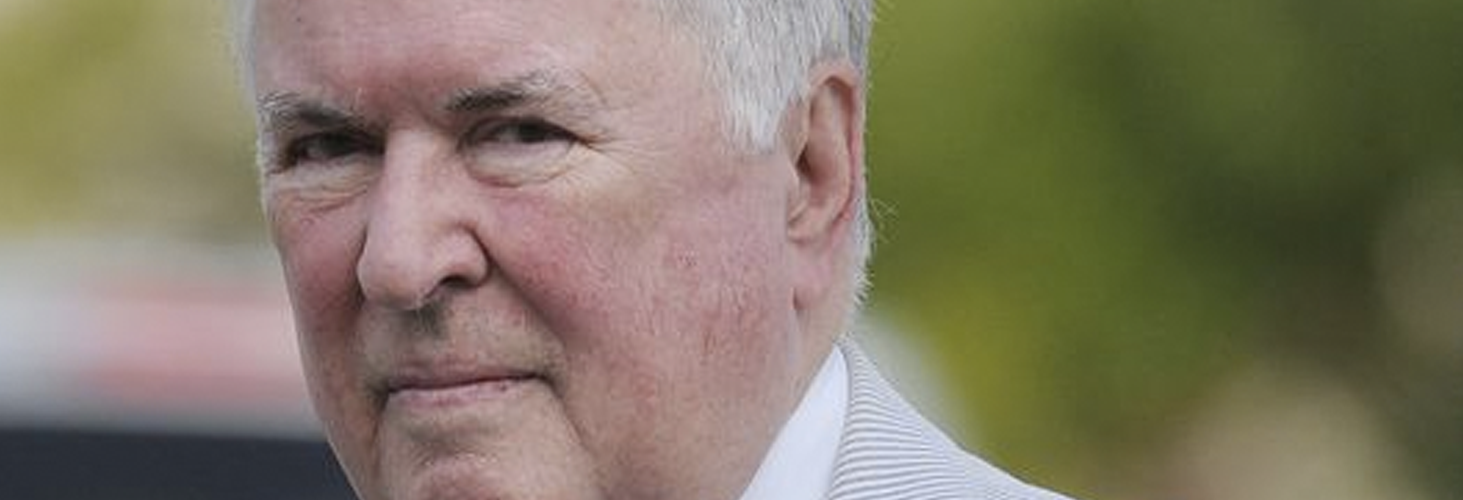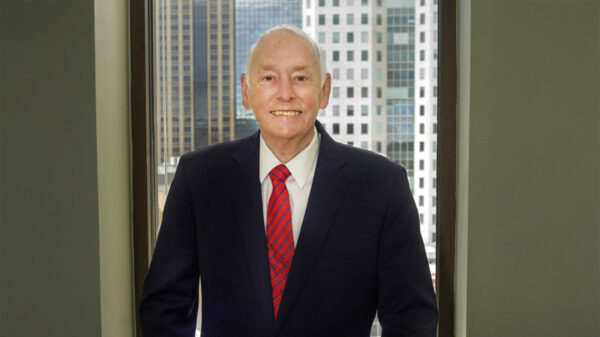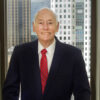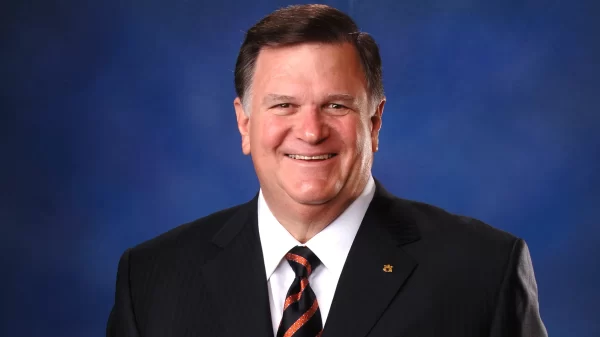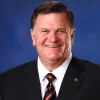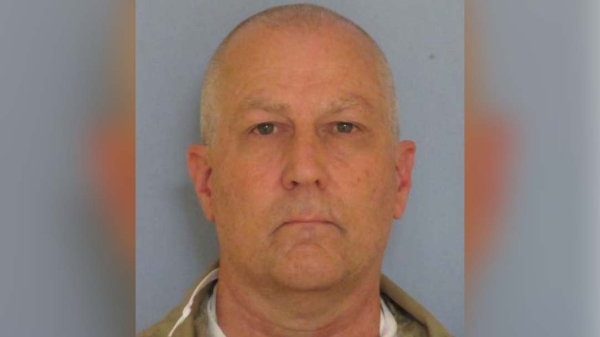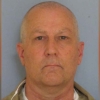By Bill Britt
Alabama Political Reporter
MONTGOMERY—Even before Speaker Mike Hubbard was indicted on 23 felony count of public corruption, a unifying matrix of criminal defense lawyers allowed for information to flow freely amongst those who sought to undermine the State’s case against him.
Earlier this month on March 11, the State filed a motion, under seal, that revealed Hubbard’s criminal attorney, Bill Baxley, represents clients who may be called to testify against Hubbard at trial. The State has asked Judge Jacob Walker, III to resolve the conflict as established by the rules of professional conduct, stating, “Now that defendant Michael Gregory Hubbard has retained the firm of Baxley, Dillard, McKnight, James & McElroy (the “Baxley firm”), the State believes a conflict of interest may exist under Alabama Rules of Professional conduct.”
According to the March 11 filing, during the Grand Jury’s investigation of Hubbard, lawyers from the Baxley firm represented several individuals who may be material trial witnesses for the State. The names of these clients has been redacted. Baxley’s client, disgraced former Deputy Attorney General Henry T. “Sonny” Reagan, is named, but the State doesn’t mention him as a potential witness.
With the exception of Reagan, the State says it is likely to call some of the individuals represented by Baxley as witnesses during the trial.
The redactions are approximately 110 characters which provides space for the names of 3 to 5 individuals.
Court records show on March 2, former Attorney General Baxley and his firm were added to Hubbard’s defense team, joining Lance Bell and Blake Oliver. Eight days later, the prosecution filed its motion with Judge Walker, citing the conflict.
Several attorneys speaking on background said that Baxley surely would have been aware of the potential conflict when he agreed to represent Hubbard.
The State contends that not only could such a conflict endanger Hubbard’s Sixth Amendment right to effective assistance of counsel, it could jeopardize the integrity of the trial process, and give him grounds for appeal, should he be convicted.
One prominent defense attorney believes the matter can be settled by Hubbard signing a wavier. However, another sees this as immediate grounds for Baxley to withdraw from the case altogether.
“The state does not want Hubbard to be able to appeal his conviction on the basis of ineffective assistance of counsel. All Hubbard has to do to get around the conflict is sign a waiver,” stated one attorney. But another disagreed saying, “I think the State’s motion is on point, and I think the Baxley’s firm will have to withdraw.”
According to the filing before Judge Walker “even if a prosecution witness is a former client instead of a current one, the potential for a conflict of interest exists in that defense counsel may not be able to effectively cross-examine the witness for fear of divulging privileged information.”
The State argues there are multiple ways for such a conflict to damage the case, “First, and most obviously, the Baxley firm attorneys’ duty to Hubbard may require them to cross-examine their own clients. Second, it may be in some of these witnesses’ interest to invoke the Fifth Amendment, but it may be in Hubbard’s interest to obtain the witness’s testimony. Obviously, the same attorney cannot simultaneously ask a witness a question, while also advising the witness not to provide an answer to the question.” They also explained, “Hubbard’s counsel may have obtained information in representing one of the State witnesses over which the State has or could assert privilege, so as to otherwise prevent the defense from discovering it or using it at trial.”
In a footnote the State says, “Hubbard’s attorneys have already engaged in gamesmanship to obtain privileged information from the State or others, including from Baxley as counsel for Reagan.”
The names of the “others” whom the State claims Hubbard has already used to “obtain privileged information” are redacted.
These redaction are comprised of 206 characters.
Previous court records show individuals who shared counsel with ties to Hubbard were Will Brooke, Jimmy Rane, Bob Riley and Minda Riley Campbell. Each of these individuals are named as material witnesses in the Hubbard case.
According to the State’s filings, when Brooke appeared before the Lee County Grand Jury, he was accompanied by his attorney, “Mark White – the same attorney representing Hubbard. Similarly, Jim Pratt, another attorney representing Hubbard, accompanied Jimmy Rane during his appearance before the Grand Jury. Also, Hubbard’s attorney, Rob Riley, represents both Bob Riley and Minda Riley Campbell and accompanied both of them to Grand Jury.”
The State said, “Hubbard sharing legal counsel with these witnesses, by itself, provided a basis for the Grand Jury to inquire into the circumstances of the legal representation of those witnesses.”
The State also raises a larger question: Why would some of the State’s leading white collar criminal defense lawyers not reveal the overlapping representation between Hubbard and their clients?
In the March 11 motion, the State says, “Finally, if the Baxley firm continues representing these clients, the State will find itself in the unusual position of meeting with some of its material witnesses for trial in the presence of defense counsel, which is likely to include discussion of Grand Jury testimony that has rightly not been disclosed to Hubbard.”
In conclusion, the State asks Judge Walker to, “evaluate on the record whether the Baxley firm has conflicts of interests under Rules of Professional Conduct 1.7, 1.9, and 1.10, and whether those conflicts have been or can be waived so as to permit the Baxley firm to represent Hubbard.”
Hubbard is set to go to trial on April 11, approximately a year and a half after his indictment. While no one has publicly criticized Judge Walker for the many lengthy delays, there is a growing chorus of court observers, as well as attorneys, who privately state, the continuous deference shown the defense has allowed Hubbard to use political gamesmanship, and the power of his office to damage the prosecution and aid his cause, something that has not been previously observed by those who have watched Judge Walker over the years. But, as one former prosecutor noted, “This is not the usual fair of thugs and lowlifes that appear in circuit court, where a speedy trial is generally guaranteed.”
He also pointed out all of the money and time wasted on this “special master,” the continued arguments over settled issues, and the scope creep permitted over allegations of prosecutorial misconduct. “These are not the type things that happen even in a capitol murder case, but Hubbard has been given all the breaks and then some.”
Judge Walker seems determined to began Hubbard’s trial on April 11.








































